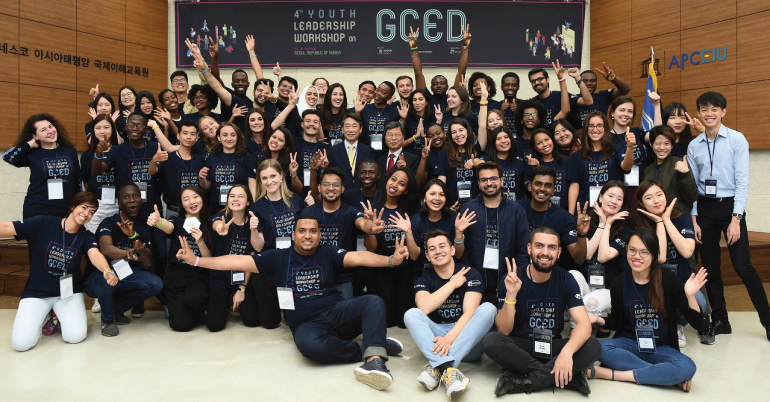Theme 1: Identity and Belonging
Individuals ascribe meanings to their personae, or meanings are ascribed to them by others and through processes of social categorization. Sometimes these processes are classified as exclusionary, either on a person to person affective basis, or through systemic or structural exclusion—hence classifications such as racism, sexism. At other times, inclusive remedies are prescribed to the injustices of differences, including for instances equity, access, multiculturalism, tolerance and recognition.
- Dimensions of individual differences (ethnicity, gender, race, socio-economic, indigenous, religion, sexual orientation, disability)
- Cultural history, oral history and cultural ‘renaissance’
- Dynamics of diversity (inclusion, exclusion, assimilation, integration, pluralism)
- Social justice, injustice, and redress
- Media representations of identities or groups
- Intercultural relations
- Experiences with “the other” (tourism, travel, exchanges, aid missions)
- Exclusionary ‘isms’: racism, sexism, heterosexism, ageism, ableism, nationalism, capitalism
- The ‘-isms’ with agendas: feminism, anti-racism, multiculturalism, socialism
Theme 2: Education and Learning in a World of Differences
The varied backgrounds and attributes of learners have an enormous impact on their engagement with learning and their educational and social outcomes. Learner differences cross dimensions that are material (social class, geographical locale and family), corporeal (age, race, sex and sexuality, and physical and mental capacities) and symbolic (culture or ethnicity, language, gender, affinity and persona). In this thematic area, we explore strategies for negotiating these differences, from the microdynamics of pedagogy, to the agendas of curriculum, the nuances of assessment, the organizational structures of the educational institution and its relations with the communities it services.
- Dimensions of individual differences in learning
- Inclusive education
- Educational policies and practices related to diversity
- Curricular and instructional frameworks for addressing diversity
- Educating teachers, administrators, community members in diversity
- The role of ethics in education
- Language diversity and learning new languages
- Service or experiential learning and intercultural understanding
- Multicultural, cross-cultural, international and global education
Theme 3: Organizational Diversity
‘Managing diversity’ has emerged as a distinct agenda in the business and economics of diversity. This focus encompasses organizational diversity in private, public, and community organizations, including workplace culture, recruitment and promotion, human resource development, team work and relationships with diverse clienteles. Includes explorations of the impact of government and regulatory policies on the workplace. Explores the local and global diversity, as well as the full range of issues of diversity arising in workplaces, from gender, to sexual orientation, to culture and language, to disability.
- Management: employment policies and practices
- Beyond legislative and regulatory compliance: disabilities, workplace harassment, discrimination
- Design issues related to access and accommodation of diverse needs
- Mediation: cultural assumptions and practical outcomes
- Markets and diversity: niche markets, customization and service values
- Leveling the playing field: global economics, fair trade, outsourcing, and equal opportunity
Theme 4: Community Diversity and Governance
This theme examines the processes of governance and democracy in diverse communities. It explores the consequences of global human movement (e.g., immigrants, refugees) on local communities, and the development in response of multicultural policies and practices. It also investigates community self-governance and community capacity development.
official link:http://ondiversity.com/about/themes
- Democracy and diversity: questions of representation and voice
- Defining human necessities and insuring access: housing, medicine, food, water
- Human rights, civil rights
- ‘Mainstreaming’ or ‘integration’ versus services based on unique cultural identities
- The politics of community leadership: challenges for local government
- The globalization of human rights and local sovereignty




